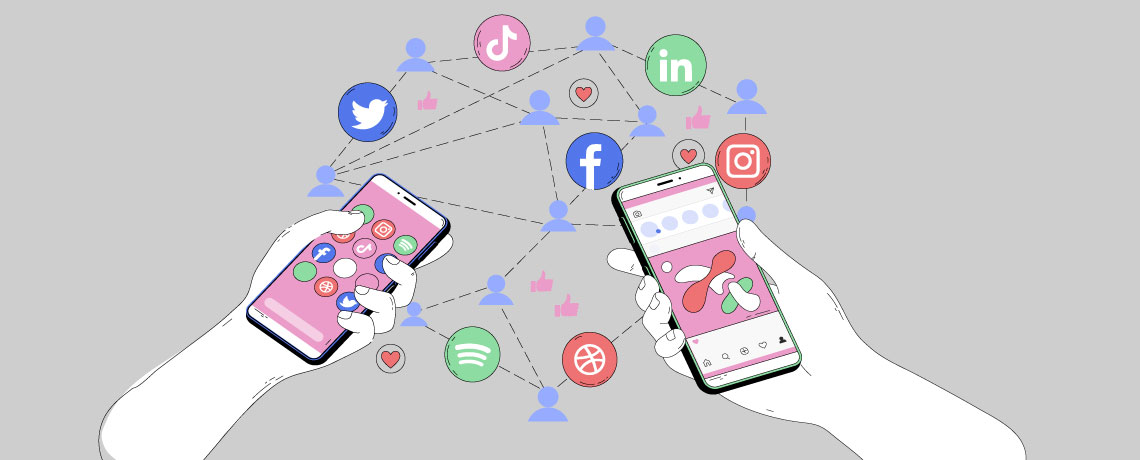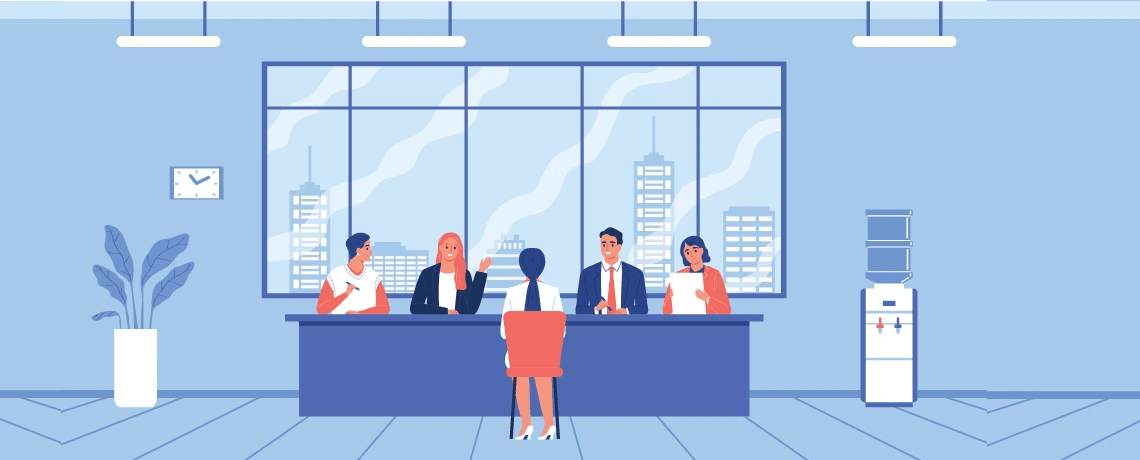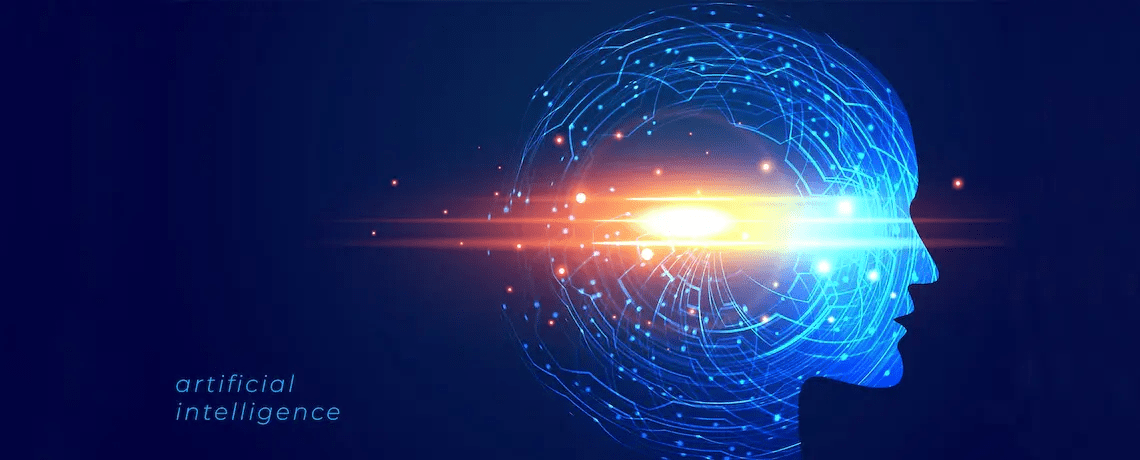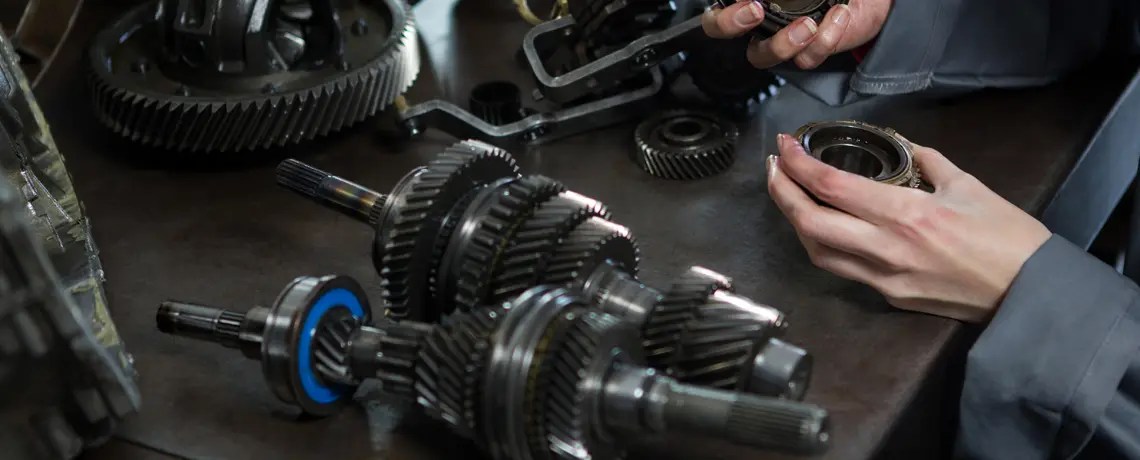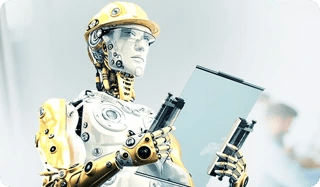Justice in the Digital Age: Why Legal Innovation Needs Tech Fluency

Picture this- a courtroom where a defence lawyer challenges a piece of evidence, but here is the twist. An AI legal assistant helps to cross-check numerous case precedents, which flag potential inconsistencies within seconds. On the other hand, a cross-border trade dispute is resolved because of a blockchain ledger that confirms every transaction without any human error or missing files.
These are not any futuristic fantasies!
This is how technology is actually rewriting the rules of legal practice today. It indicates the time when a legal strategy often depends on technological fluency. And this transformation demands professionals who are well-versed in both languages- code or law!
But how can you get this expertise? That’s exactly what B.Tech.-LL.B. delivers. The programme is designed to combine the technical expertise of engineering with legal education.
Explore how it’s revolutionising the legal world!
Digital Shift in Legal Industry
Legal practice has always been seen as a paper-heavy or precedent-driven field. But now it is changing rapidly. According to the American Bar Association’s 2024 Legal Report, 73% law firms utilise cloud-based legal tools and 85% of legal litigators depend on e-filing systems.
In the current time, courts, law firms and corporate legal teams are adopting advanced technologies-

These rapid transformations are not just improving efficiency- they are redefining how justice is delivered and how legal professionals are trained.
Tech-Fluency is Non-Negotiable for Lawyers
In a world where headlines are all about cybercrime, data breaches and digital transactions, lawyers cannot afford to be tech-illiterate.
But what does tech fluency mean in today’s world?
Having a technical expertise means-
- Understanding significant data privacy frameworks- GDPR and India’s Digital Personal Data Protection Act
- Navigating cybercrime laws to protect sensitive client information
- Analysing digital evidence via encrypted devices or blockchain ledgers
In simple words, having technology expertise is no longer a “nice to have” skill in law- it’s become the foundation of effective practice in this digital era.
B.Tech. LL.B.- The Bridge Between Code and Courtroom
Don’t assume that B.Tech. LL.B. programme is the same as a traditional law degree. The course is designed to equip students with technical as well as legal expertise.
| Technical Skills | Legal Skills |
|---|---|
| Programming Languages- Python or Java | Constitutional Law |
| Database Management & Data Analytics | Corporate & Commercial Law |
| Blockchain Fundamentals & Smart Contracts | Intellectual Property Rights |
| AI Applications in Legal Research | Cyber Law & Digital Evidence Handling |
This fusion imparts graduates with a strong command of technology’s legal frameworks and prepares them to interact directly with the innovations transforming law’s future.
New-Age Lawyer’s Career Map
B.Tech.- LL.B. graduates can explore a diverse range of high-paying and high-demand career roles. Beneath are some pathways for students-
- Cybersecurity & Data Privacy Specialist
- Intellectual Property & Technology Law Expert
- Corporate Legal Advisor for Tech Firms
- Blockchain & Fintech Legal Consultant
- Legal Tech Founder
These roles offer a lucrative career with the opportunity to lead advancements and expand access to justice.
Legal Pitfalls and Ethical Dilemmas in the Digital Age
The combination of law and technology brings some drawbacks. That’s why future lawyers need to be prepared for handling-
- Digital Evidence Authenticity
- Data Confidentiality
- Bias in AI Tools
- Cybersecurity Threats
- Cross-Border Jurisdiction Issues
- Intellectual Property in Emerging Tech
- Automated Decision-Making Transparency
- Digital Divide & Access to Justice
- Ethical Use of Predictive Analytics
These are daily challenges that the industry encounters. In modern legal practice, lawyers should know how to address these issues with legal insight and technical understanding.
Envisioning the Future of Law and Innovation
The legal industry will witness a significant transformation in the upcoming years. This is where B.Tech.- LL.B. programme prepares you for the future.
Graduates will be equipped to-
- Design AI regulations for innovation and ethical safety balance
- Draft laws for metaverse property rights
- Advise on quantum computing security frameworks
The programme blends legal reasoning with technical problem-solving, ensuring that justice evolves in step with innovation.
Shaping Tech-Driven Legal Leaders- B.Tech.–LL.B. (Hons.) at Mahindra University
The School of Law at Mahindra University offers a six-year industry-backed B.Tech.–LL.B. (Hons.) dual degree that combines advanced engineering with rigorous technical education. This interdisciplinary programme equips you to navigate and shape the evolving landscape.
Below are some key highlights of the course-
- Integrated and industry-backed dual-degree programme
- Designed for tomorrow’s legal‑tech professionals
- Focus on project‑based learning, case studies, internships and legal‑tech engagement
- Experienced faculty, advanced facilities and collaborative learning environments
- Prepares students to steer via complex legal frameworks, while leveraging engineering acumen
If you want to start your journey where law meets technology, the B.Tech.–LL.B. programme is the right fit for you. It prepares you to become a tech-savvy legal leader in this dynamic world.
Conclusion- B.Tech. LL.B. Graduates as Legal Innovators
Justice in the digital world requires more than an understanding of case laws. It demands legal professionals with tech-savvy legal minds who can adapt, innovate and ensure fairness. But how can you become a tech legal leader?
If you are seeing yourself working at this intersection, the B.Tech.–LL.B. course is the right start. Mahindra University offers an integrated and industry-backed programme that prepares you to become a legal innovator in this digital era.
FAQs
- What are the popular careers after B.Tech. LL.B.?
The course opens an extensive range of career pathways such as Data Privacy Specialist, Intellectual Property Expert, Corporate Legal Advisor, Blockchain & Fintech Legal Consultant and Legal Tech Entrepreneur. - Which technologies are used in legal industry?
Law firms and teams are integrating emerging technologies such as AI legal research, smart contracts via blockchain, e-filing systems and virtual hearings. - Why is tech fluency a must for lawyers?
The lawyers should be tech-literate in this digital era because of cybercrime, data breaches and digital transactions.


















































































































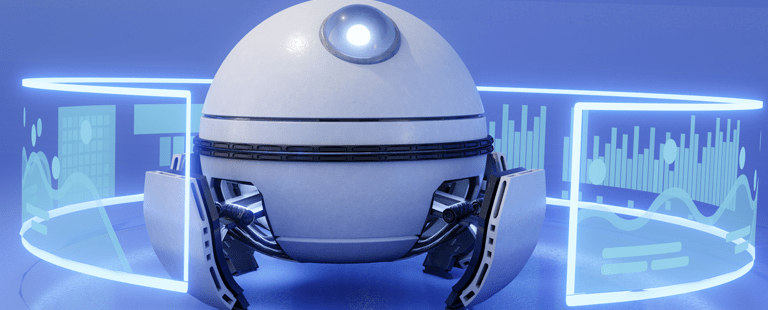












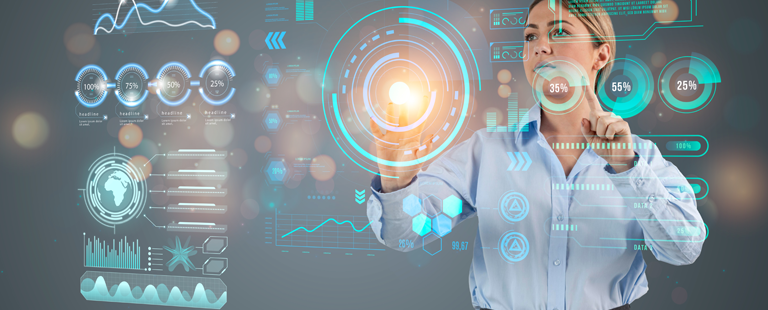







































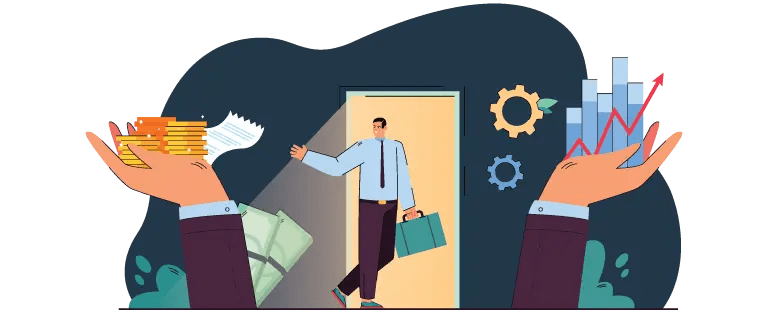















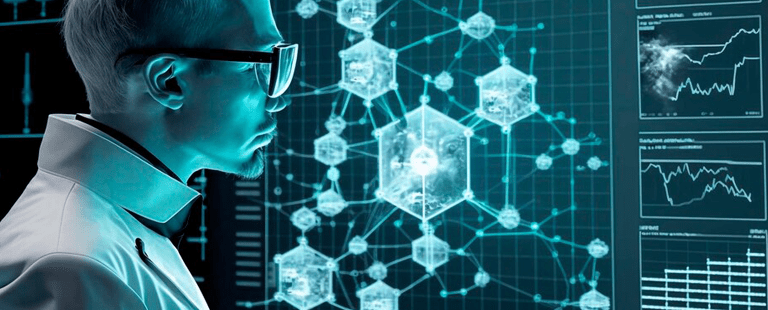








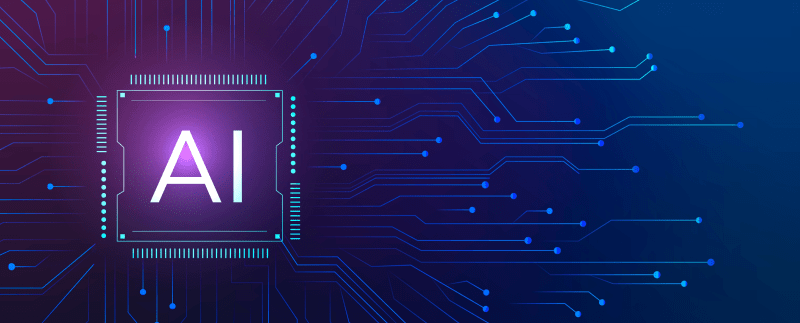






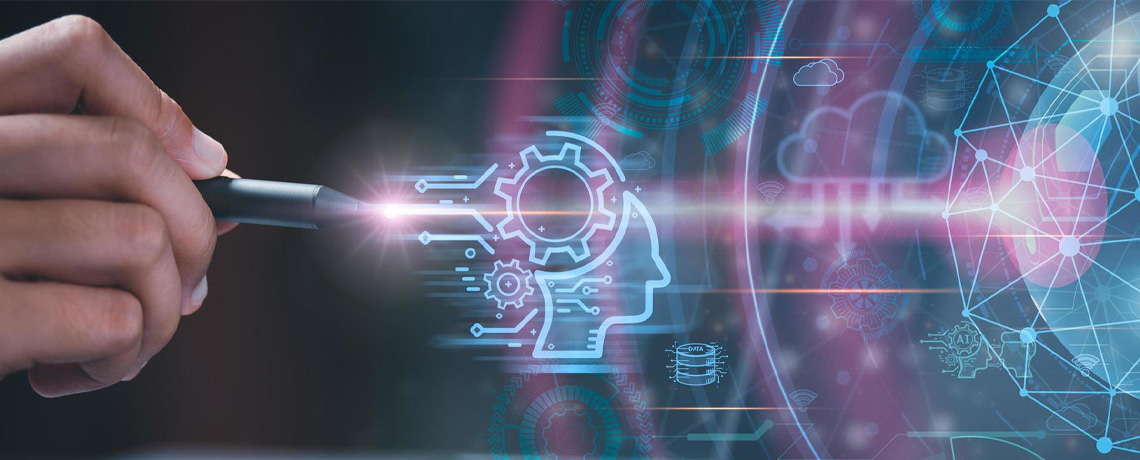









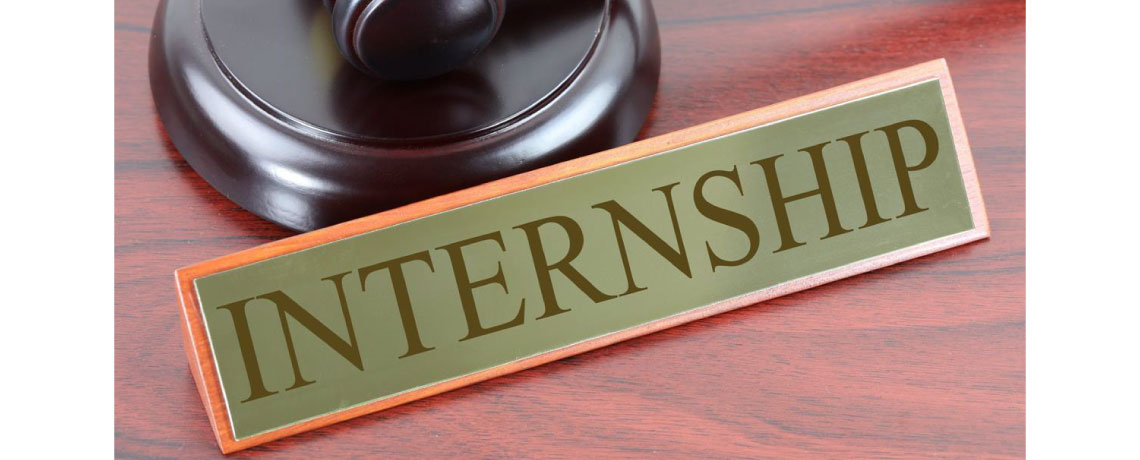


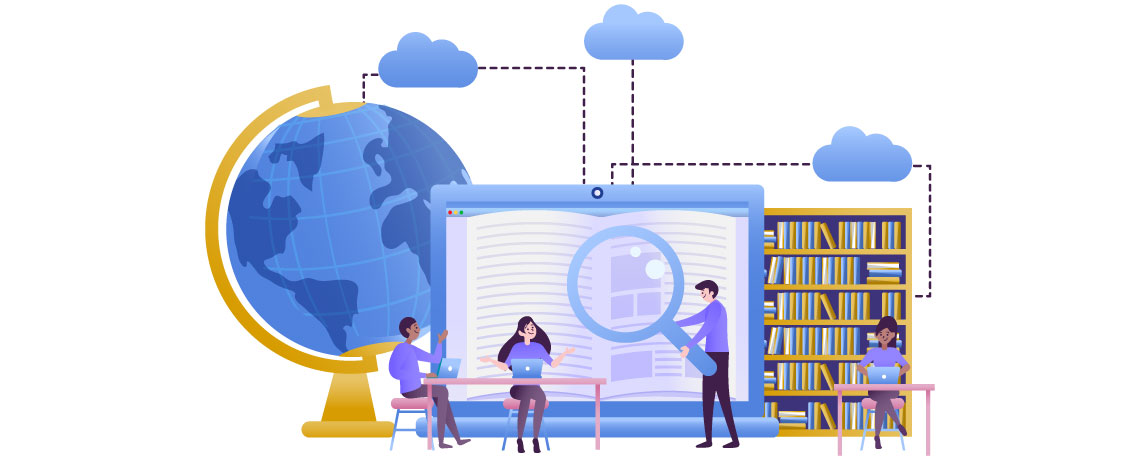





![Arm_Yourself_with_Deep_Business_Knowledge_&_Insights_with_PhD_Program_in_Business_Administration_at_Mahindra_University[1] Arm_Yourself_with_Deep_Business_Knowledge_&_Insights_with_PhD_Program_in_Business_Administration_at_Mahindra_University[1]](https://i0.wp.com/www.mahindrauniversity.edu.in/wp-content/uploads/2023/04/Arm_Yourself_with_Deep_Business_Knowledge__Insights_with_PhD_Program_in_Business_Administration_at_Mahindra_University1.jpg?resize=1140%2C460&ssl=1)
![Emerge_as_a_Forward_thinking_Mechanical_Engineer_with_B_1140x460[1] Emerge_as_a_Forward_thinking_Mechanical_Engineer_with_B_1140x460[1]](https://i0.wp.com/www.mahindrauniversity.edu.in/wp-content/uploads/2023/04/Emerge_as_a_Forward_thinking_Mechanical_Engineer_with_B_1140x4601.jpg?resize=1140%2C460&ssl=1)
![B.Tech_in_Computer_Science_Engineering_(BTech_CSE)_Your_Gateway_to_Become_a_Computer_Genius_1140x460[1] B.Tech_in_Computer_Science_Engineering_(BTech_CSE)_Your_Gateway_to_Become_a_Computer_Genius_1140x460[1]](https://i0.wp.com/www.mahindrauniversity.edu.in/wp-content/uploads/2023/04/B.Tech_in_Computer_Science_Engineering_BTech_CSE_Your_Gateway_to_Become_a_Computer_Genius_1140x4601.jpg?resize=1140%2C460&ssl=1)
![Digital_Marketing_is_Booming_Globally_1140x460[1] Digital_Marketing_is_Booming_Globally_1140x460[1]](https://i0.wp.com/www.mahindrauniversity.edu.in/wp-content/uploads/2023/04/Digital_Marketing_is_Booming_Globally_1140x4601.jpg?resize=1140%2C460&ssl=1)
![MU_Electrical20Computer20Engineering_1140x460[1] MU_Electrical20Computer20Engineering_1140x460[1]](https://i0.wp.com/www.mahindrauniversity.edu.in/wp-content/uploads/2023/04/MU_Electrical20Computer20Engineering_1140x4601.jpg?resize=1140%2C460&ssl=1)
![BA_LLB_Hons_Course_at_Mahindra_University[1] BA_LLB_Hons_Course_at_Mahindra_University[1]](https://i0.wp.com/www.mahindrauniversity.edu.in/wp-content/uploads/2023/04/BA_LLB_Hons_Course_at_Mahindra_University1.webp?resize=1140%2C460&ssl=1)
![Management_&_Business_Administration_is_Tremendously_High[1] Management_&_Business_Administration_is_Tremendously_High[1]](https://i0.wp.com/www.mahindrauniversity.edu.in/wp-content/uploads/2023/04/Management__Business_Administration_is_Tremendously_High1.jpg?resize=1140%2C460&ssl=1)

![whyistraining&placementcellimportant[1] whyistraining&placementcellimportant[1]](https://i0.wp.com/www.mahindrauniversity.edu.in/wp-content/uploads/2023/04/why20is20training2020placement20cell20important1.png?resize=1140%2C460&ssl=1)
![TheDifferencesbetweenRights&Duties[1] TheDifferencesbetweenRights&Duties[1]](https://i0.wp.com/www.mahindrauniversity.edu.in/wp-content/uploads/2023/04/The20Differences20between20Rights2020Duties1.png?resize=1140%2C460&ssl=1)
![sleep_deprivation[1] sleep_deprivation[1]](https://i0.wp.com/www.mahindrauniversity.edu.in/wp-content/uploads/2023/04/sleep_deprivation1.jpg?resize=1140%2C460&ssl=1)
![SelfLoveBlogImage2[1] SelfLoveBlogImage2[1]](https://i0.wp.com/www.mahindrauniversity.edu.in/wp-content/uploads/2023/04/Self20Love20Blog20Image2021.png?resize=1140%2C460&ssl=1)
























